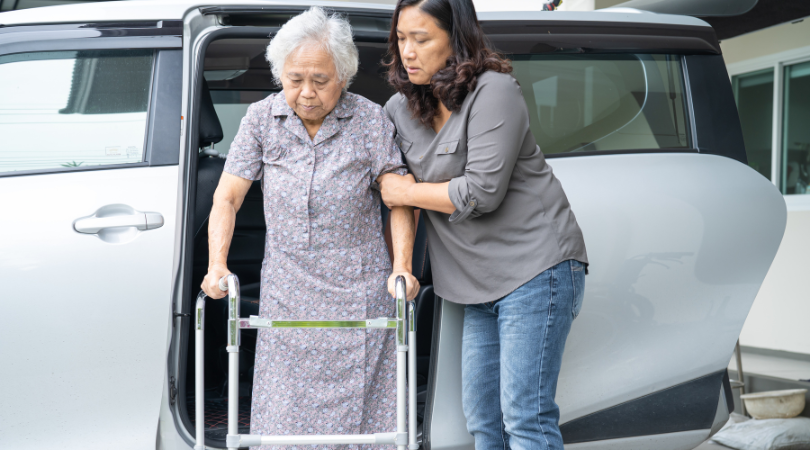When a Healthcare Worker Becomes a Family Caregiver

Healthcare workers are trained to provide compassionate care to patients in need, but what happens when they are faced with the challenge of caring for a terminally-ill loved one? Caring for a terminally-ill loved one can be emotionally and physically taxing for anyone, but it can be especially difficult when a healthcare worker becomes a family caregiver.

Tips for Healthcare Workers Caring for a Terminally Ill Loved One
When a healthcare worker begins caring for a terminally-ill loved one at home, they bring a wide range of experience and expertise, but that doesn’t lessen the emotional impact of caring for a loved one or watching them decline.
Here are some tips for healthcare workers who are providing care to a terminally-ill loved one:
Communicate openly: Communication is key when caring for a loved one who is terminally ill. As a healthcare worker, you may have an advantage in understanding your loved one's medical condition and treatment options, but it's important to communicate openly and honestly with your loved one about their wishes and needs.
Seek support: Caring for a terminally-ill loved one can be a lonely and emotionally taxing experience. Seek support from friends, family, and coworkers, and consider joining a support group for caregivers.
Take care of yourself: Caring for a terminally-ill loved one can be physically and emotionally exhausting. It's important to take care of yourself, both physically and mentally. Make sure to eat well, get enough sleep, and engage in activities that bring you joy and relaxation.
Learn as much as you can about your loved one's condition: As a healthcare worker, you may have an advantage in understanding your loved one's medical condition and treatment options. Take the time to learn as much as you can about their condition and the options for care.
Advocate for your loved one: As a healthcare worker, you are trained to be an advocate for your patients. Use those skills to advocate for your loved one's care, ensuring that they receive the best possible care and support during their illness.
Consider hospice care: Hospice care can provide essential support to both the patient and the caregiver during the end-of-life process. Consider speaking with a hospice care provider to learn more about the services they offer and whether they may be a good fit for your loved one's needs. The added support can allow you to slip back into your role as loved one first and foremost, knowing that your loved one’s care is being managed by end-of-life-care experts.
Caring for a terminally-ill loved one can be a challenging and emotionally taxing experience, especially for healthcare workers who are used to caring for others. By communicating openly, seeking support, taking care of yourself, learning about your loved one's condition, advocating for their care, and considering hospice care, healthcare workers can provide the best possible care to their terminally-ill loved one while also taking care of themselves.
Crossroads Hospice & Palliative Care provides support to terminally-ill patients and their families. Please call 1-888-564-3405 to learn more about our services.
If you found this information helpful, please share it with your network and community.
Copyright © 2023 Crossroads Hospice. All rights reserved.




